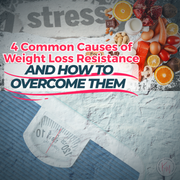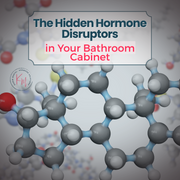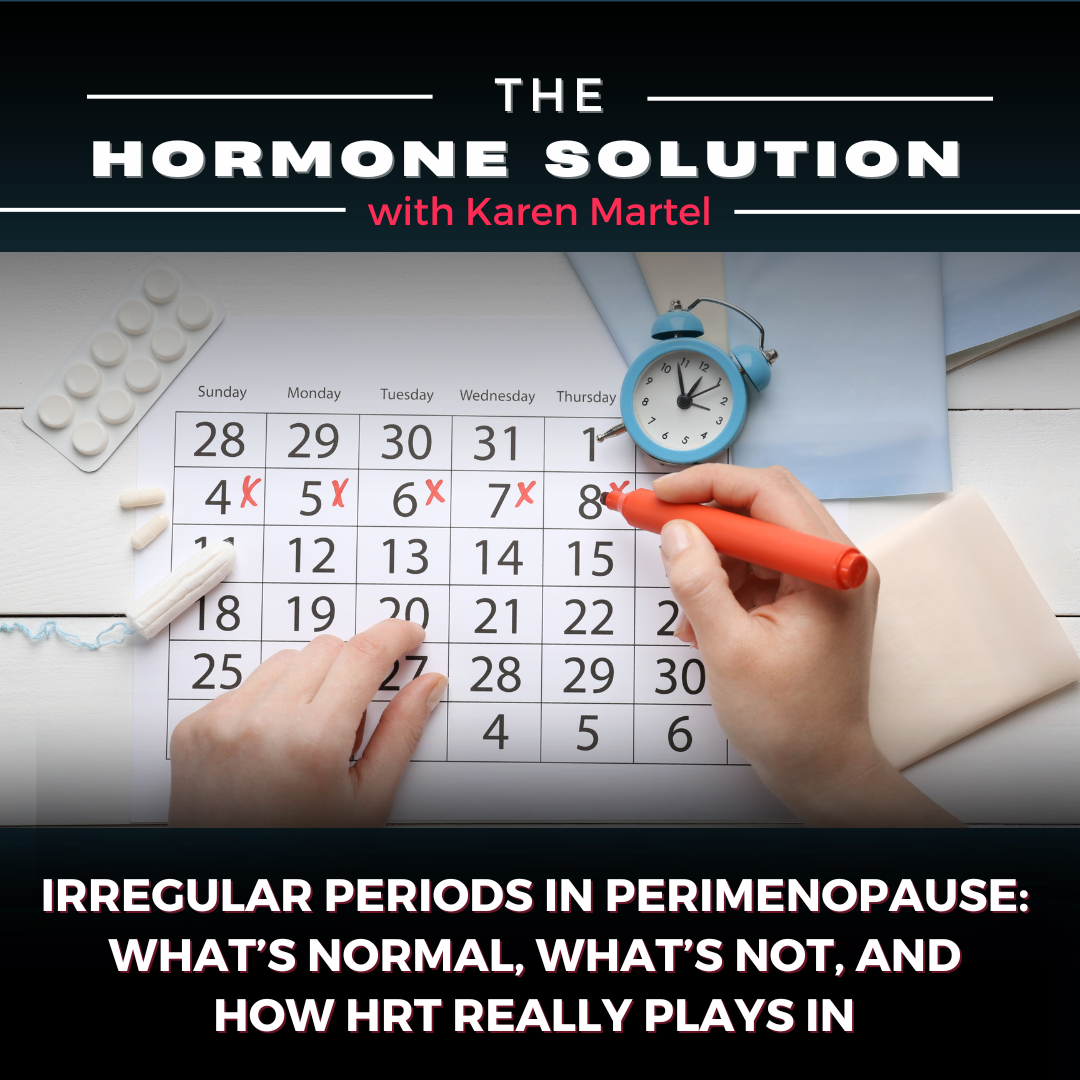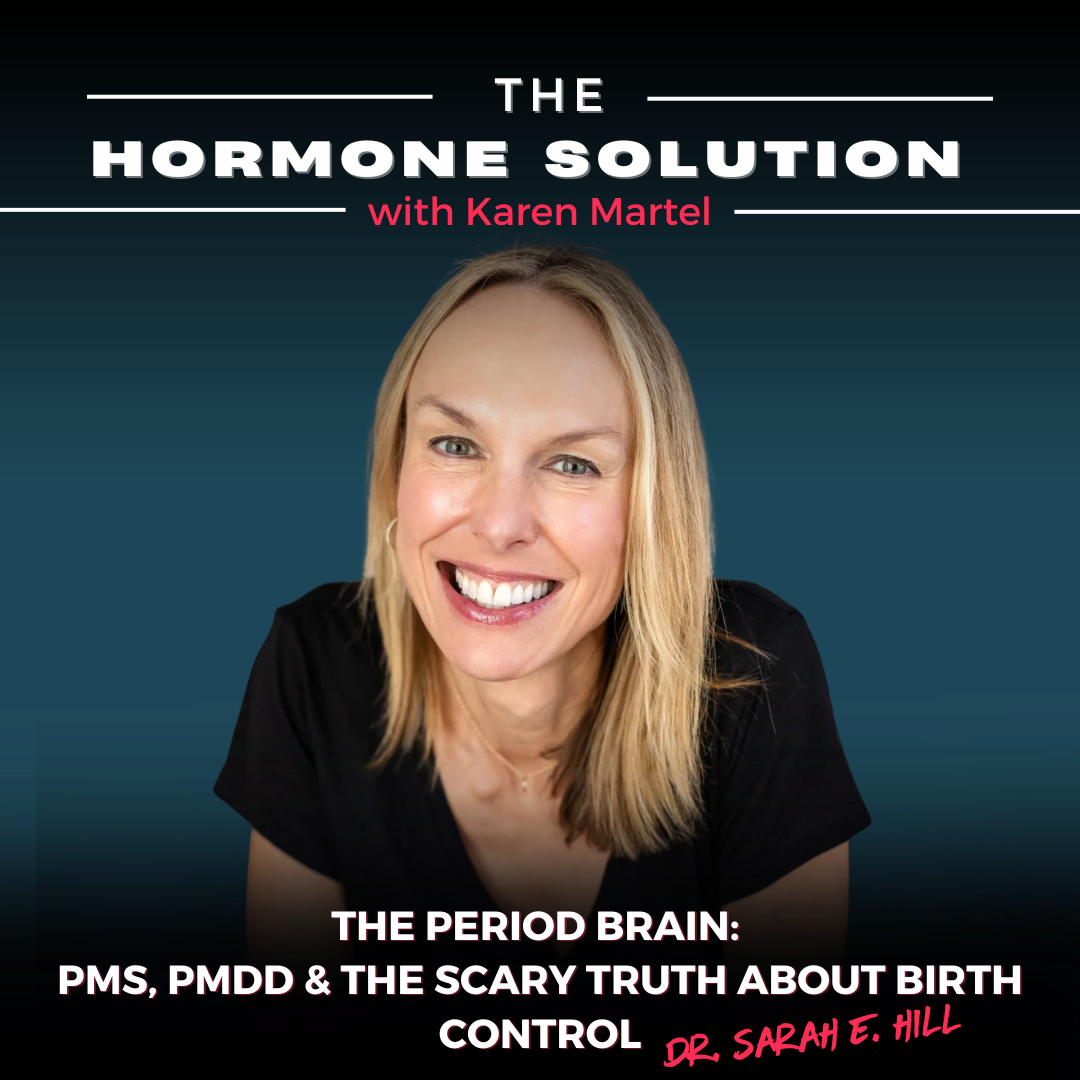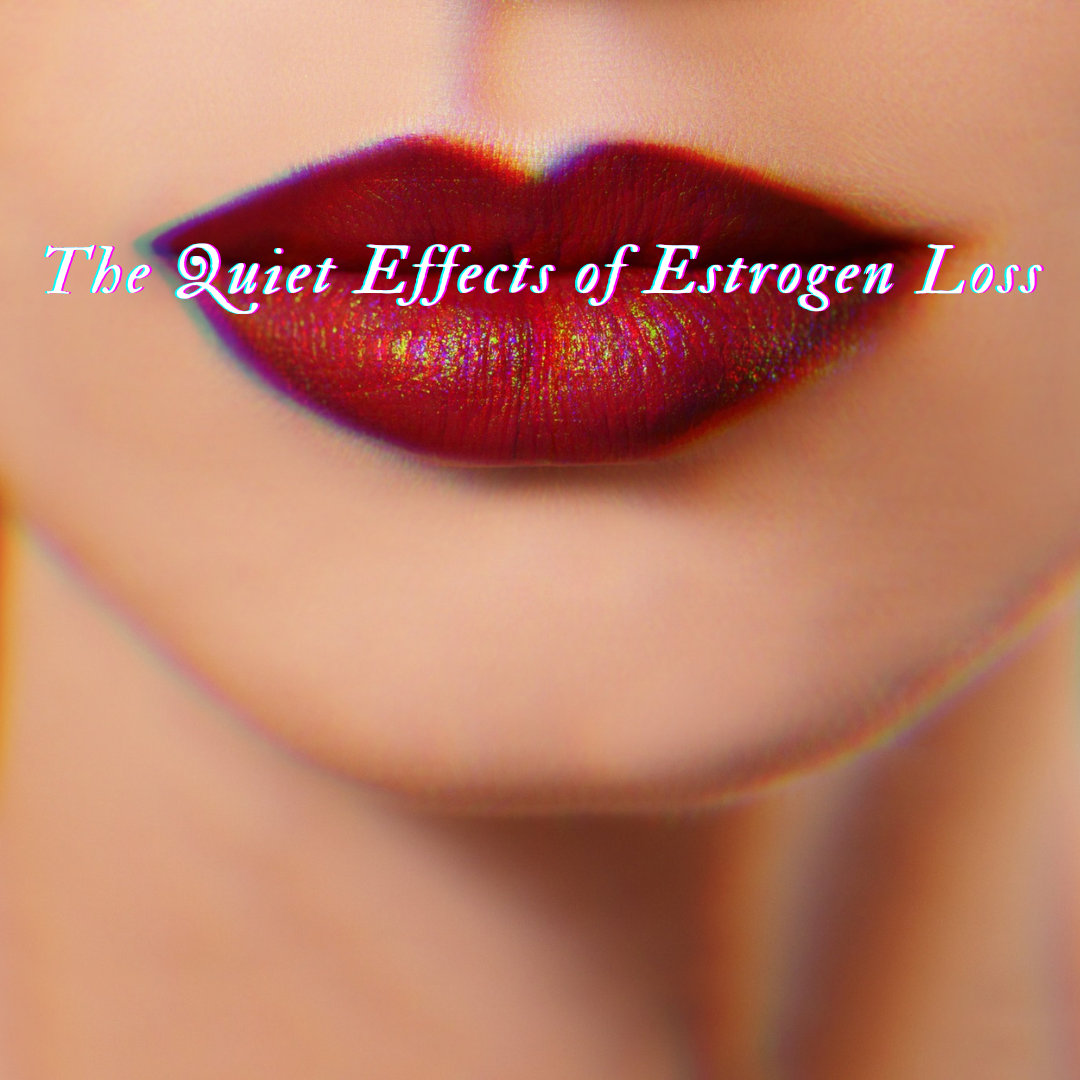
The Quiet Effects of Estrogen Loss
Menopause changes more than periods and mood—it reshapes the body in ways many women aren’t told about. One of the lesser-known effects? The thinning, shrinking, or even near-disappearance of the labia minora. It’s a direct result of estrogen loss, and it’s more common than most people realize.
Let’s break down why this happens, and what can be done about it.
Estrogen Keeps Vulvar Tissue Healthy
Estrogen plays a crucial role in maintaining the structure, moisture, and elasticity of the vulva—including the labia minora, the inner folds that sit inside the labia majora. These tissues are rich in estrogen receptors, which means they respond directly to hormonal changes.
When estrogen levels are high (during reproductive years), the labia minora tend to be:
-
Plump
-
Soft
-
Moist
-
Well-pigmented
But after menopause, when estrogen levels drop sharply, these tissues begin to atrophy—a medical term for thinning, shrinking, or wasting away.
What Actually Happens?
In the years following menopause, especially without any hormone support, the labia minora can undergo several changes:
-
Shrinkage: The inner lips become smaller, sometimes retracting almost entirely.
-
Loss of definition: The labia minora may flatten and blend into the surrounding tissue.
-
Thinning and dryness: Tissue becomes more fragile, dry, and prone to irritation or tearing.
-
Color change: Loss of pigmentation can make the area look paler or less distinct.
In some cases, the labia minora seem to “disappear” altogether—not because they’re gone, but because they’ve thinned so much that they’re no longer visible or prominent.
Why It Matters
This isn’t just a cosmetic change. Thinning of the labia minora and surrounding tissues can lead to:
-
Discomfort or pain during sex (dyspareunia)
-
Increased susceptibility to irritation or infections
-
Loss of protective function—the labia minora help shield the vaginal opening, and their reduction can make the area more exposed
These changes can affect self-image, sexual comfort, and overall quality of life.
Can It Be Prevented or Treated?
Yes—but early action helps. The most effective options target the root cause: low estrogen.
-
Topical estrogen creams or vaginal rings can restore moisture, elasticity, and thickness to vulvar tissues. These treatments stay local, meaning they don’t carry the same systemic risks as oral hormone therapy.
-
Hyaluronic acid gels and vaginal moisturizers can help with dryness but won’t rebuild tissue.
-
Laser treatments (like CO2 or erbium lasers) are sometimes used to stimulate collagen and improve tissue health, though evidence is still developing.
-
Regular sexual activity or vaginal use (even via dilators) helps maintain blood flow and tissue resilience.
The Bottom Line
Losing the labia minora after menopause isn’t abnormal—but it’s also not something you have to just accept. The change is directly tied to estrogen loss, and it reflects a broader process of vulvovaginal aging that many women experience. Knowing what’s happening—and why—opens the door to treatment, comfort, and control. This is your body, and you deserve care that respects every part of it.

Find Karen Martel on Apply Podcast
Karen Martel is a Certified Hormone Specialist and Transformational Nutrition Coach dedicated to empowering women through their health journeys.
As the host of the popular podcast The Hormone Solution, Karen tackles the complexities of hormonal health, weight loss resistance, and the challenges that come with perimenopause and menopause.
Her mission is to disrupt outdated narratives surrounding women's health, providing reliable information and practical solutions that help women reclaim their vitality.
Tune in to discover how to embrace life's stages while enhancing overall well-being.


